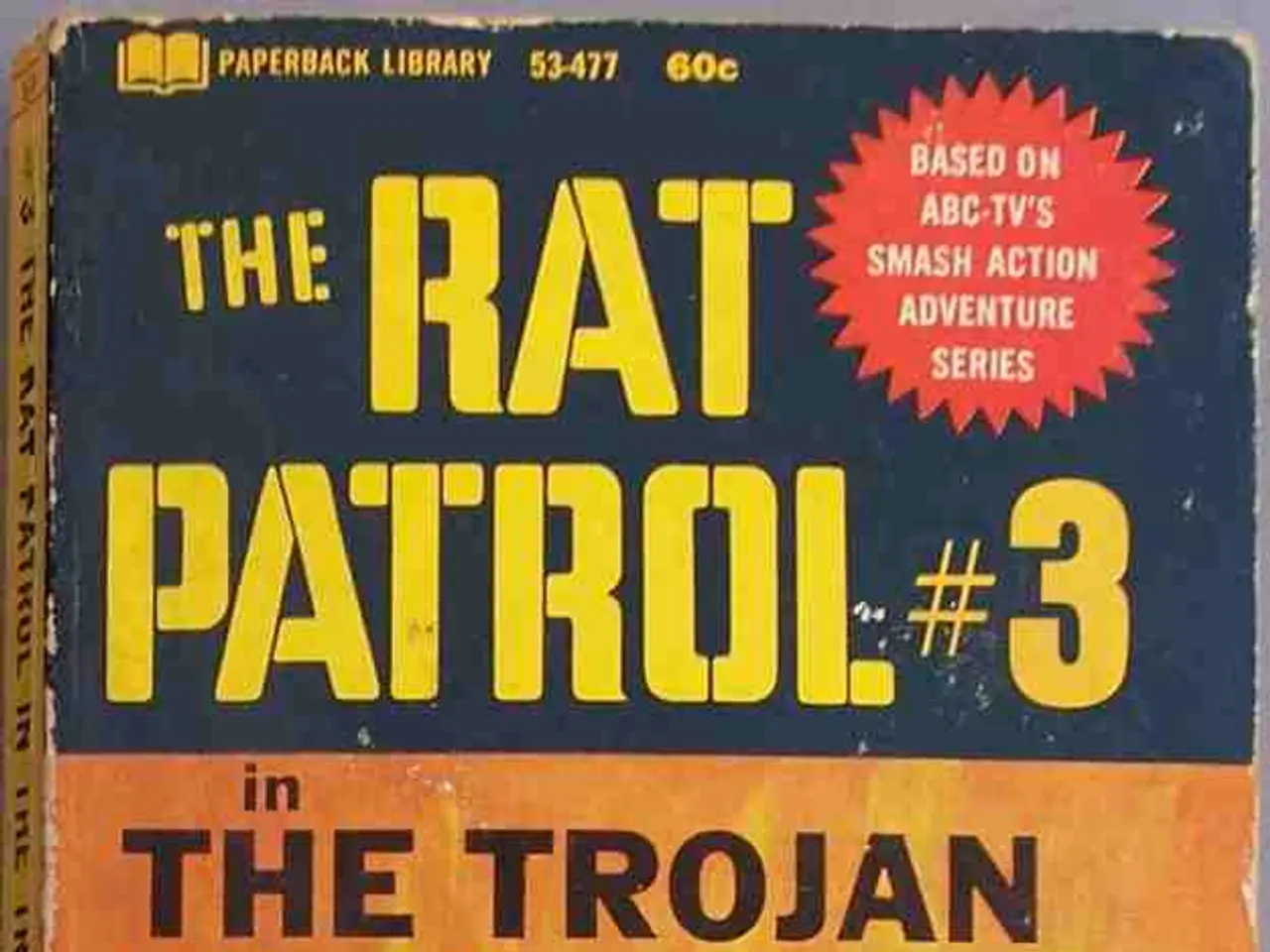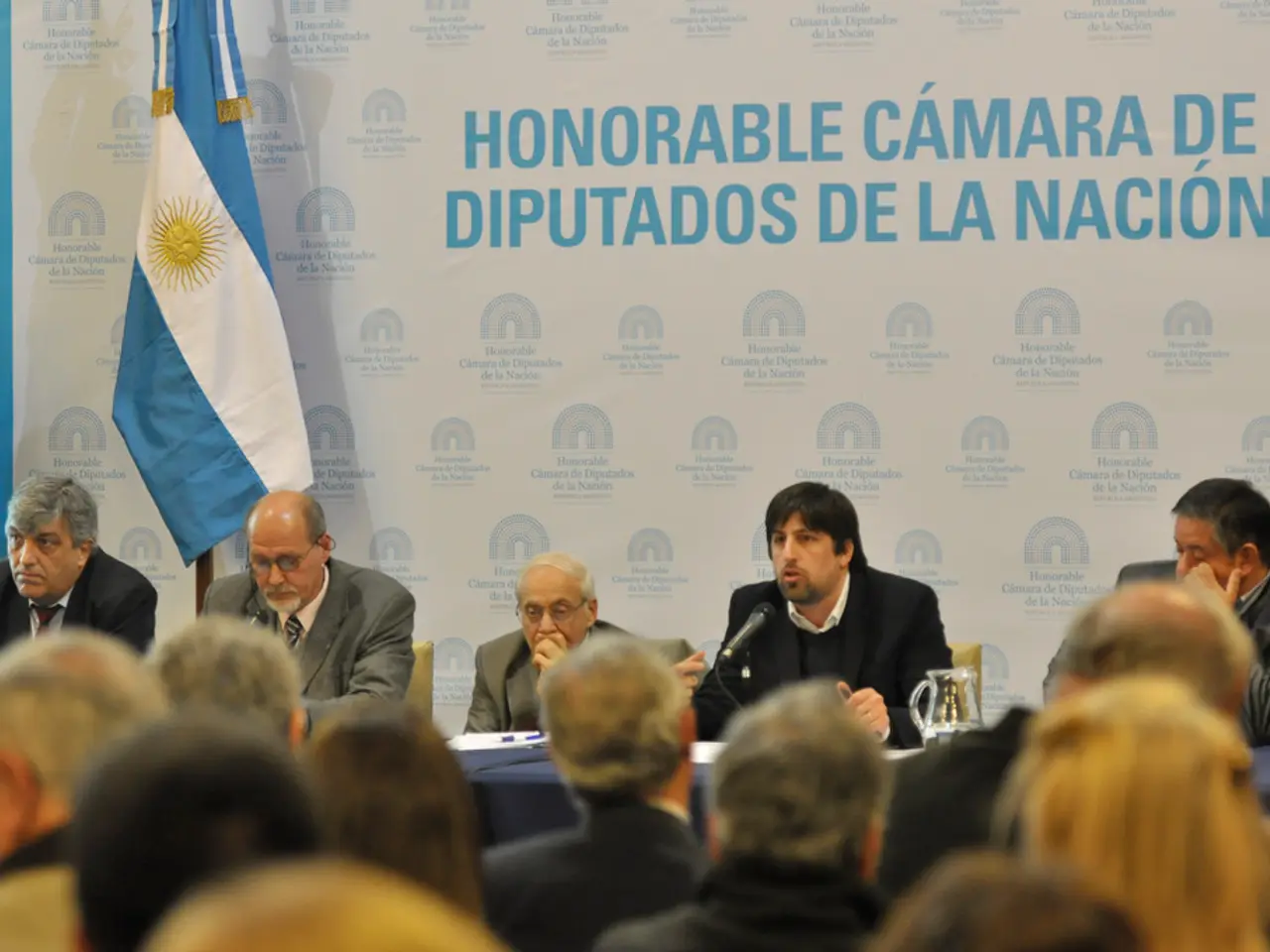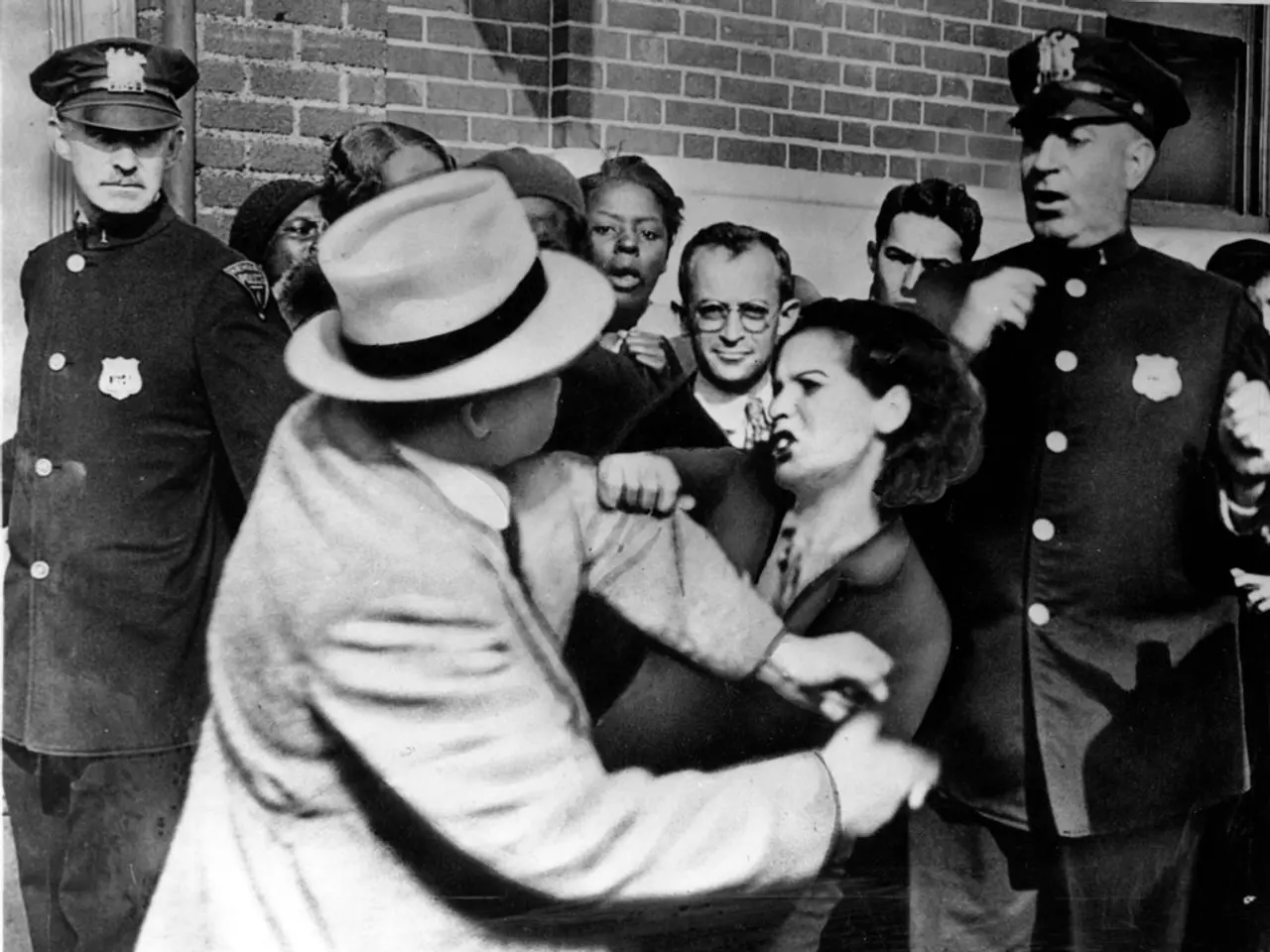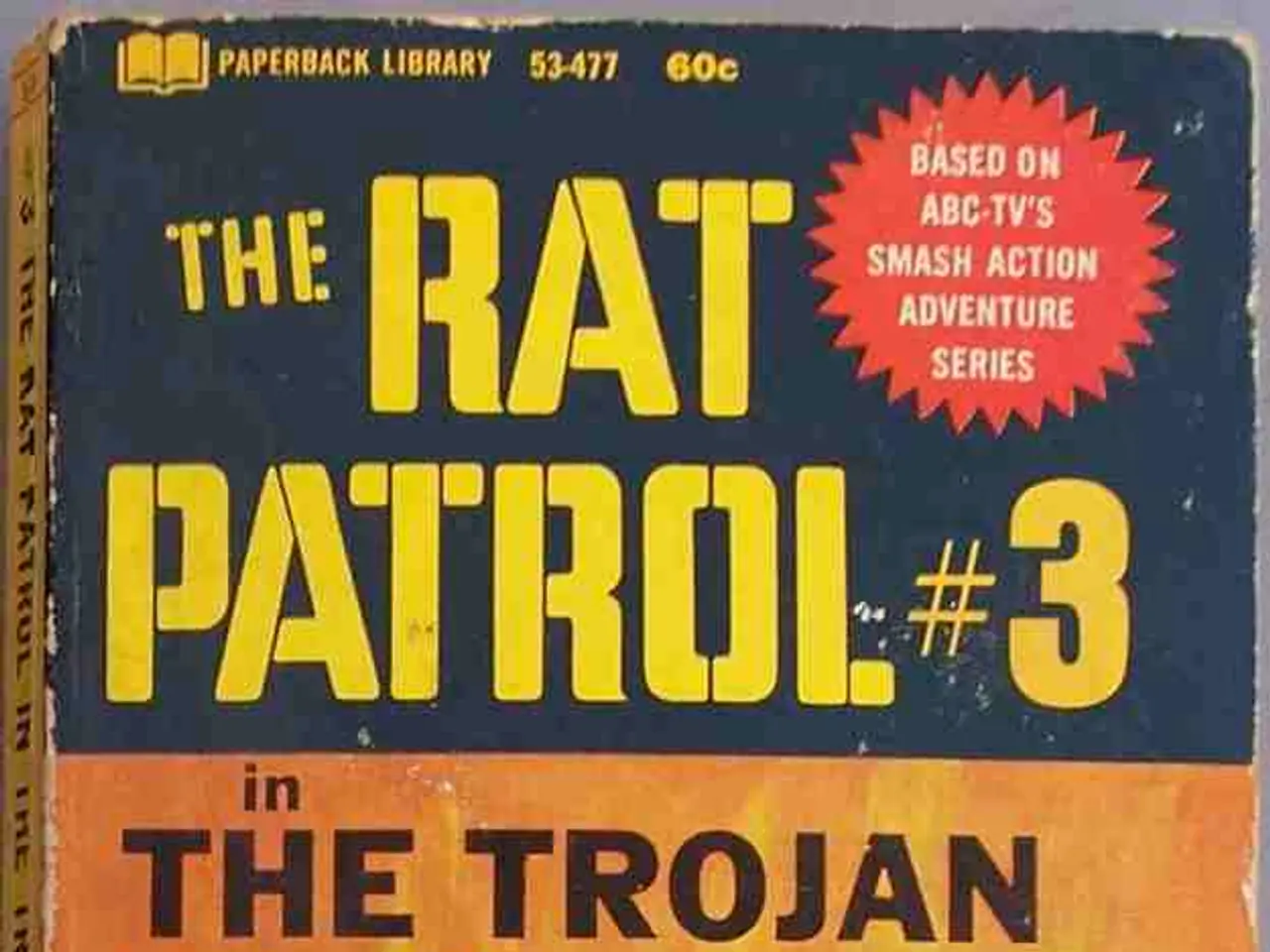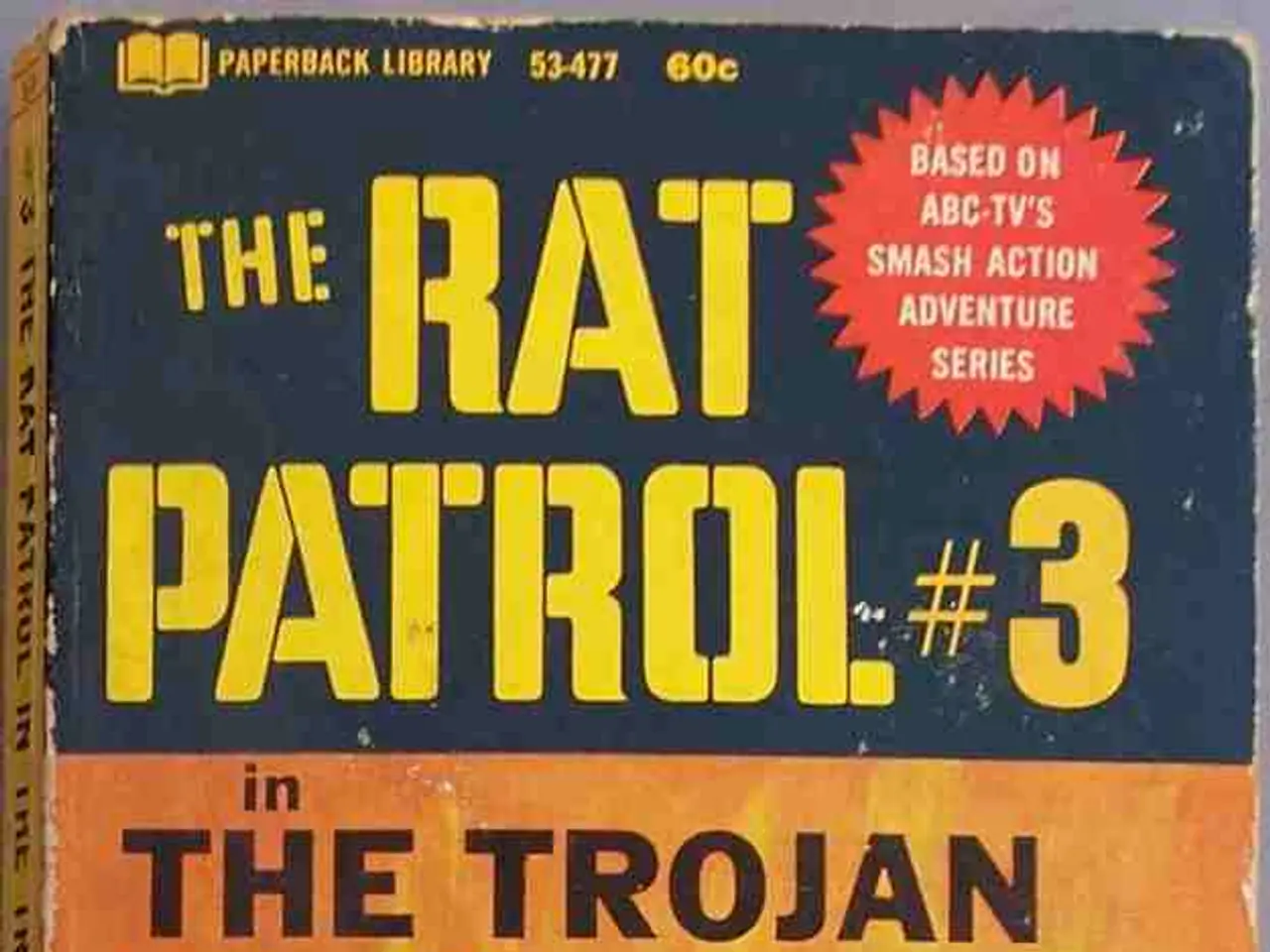Battle's End with Beirut Battalion: Previewing the New Era of Legal Combat Strategy
In recent years, nations like China and Russia have been employing a strategy known as "lawfare" to counter their asymmetric disadvantages in traditional military operations. This tactic involves using or misusing the law to achieve warfighting objectives, and it has been a topic of interest since the landmark case of **Peterson v. Islamic Republic of Iran**.
The **Peterson v. Islamic Republic of Iran** case, decided in 2003, involved survivors and families of victims from the 1983 Beirut barracks bombings, where U.S. service members lost their lives in a terrorist attack linked to Iran. The legal process stemmed from a 1996 U.S. law that allows American citizens to sue foreign states designated as sponsors of terrorism for damages.
In April 2016, the U.S. Supreme Court ruled that Iran must pay nearly $2 billion in compensation to survivors and families of the victims of the 1983 Beirut bombings. This decision was significant as it affirmed that victims of state-sponsored terrorism can receive compensation, even when the attacks occur during military operations outside traditional combat scenarios. Iran's designation as a state sponsor of terrorism was central to allowing the lawsuit to proceed, and the ruling effectively enabled the victims' claims to be recognized and compensated.
The Beirut bombings in 1983 targeted facilities in Beirut, Lebanon, one of which was the barracks of US Marines from the 1st Battalion, 8th Marine Regiment, and another housed French military forces. The devastating attack resulted in the deaths of 241 American servicemen and 58 French paratroopers, marking the single deadliest day for US Marines since the Battle of Iwo Jima.
The use of lawfare was not limited to Iran in this case. It has been used by terrorist groups to neutralize an asymmetric advantage, such as the use of human shields. Lawfare is also being used by states as an instrumentality of shaping the battlefield for political actions, seizing the initiative, and serving as a force multiplier.
As the modern battlefield occupies many nonphysical dimensions, making it increasingly difficult to discern acceptable conduct, the United States must develop a comprehensive lawfare strategy to counter its adversaries' strategic and military objectives while enabling the accomplishment of its own. This includes the establishment of a legal operations office within the federal government to lead whole-of-government responses to lawfare.
In future conflicts, military lawyers will play a critical role in seizing key terrain by establishing necessary training and robust preparation, and the emplacement of appropriate institutional structures. The United States must reimagine the role of its military legal advisors to confront lawfare vulnerabilities, particularly at the tactical and operational levels.
The legal effort to hold Iran accountable for the Beirut bombings has directly influenced the reshaping of federal laws and opened avenues to holding malign actors accountable for their disruptive behaviors, all around the world. The other key impact of the Beirut bombings was the mainstreaming of terrorism as a tactic, signaling a shift in the contours of warfare.
The importance of legal practitioners in seeking justice for the victims of terrorism has also become increasingly apparent. The Peterson case became the first salvo in a series of cases to authorise U.S. military personnel to use the terrorism exception to the Foreign Sovereign Immunities Act (FSIA). In early 2023, a federal judge in New York ordered Iran's central bank (and a European intermediary) to pay out $1.68 billion to those Marines' family members.
This historic case serves as a reminder of the importance of holding states accountable for their actions and the role that lawfare can play in achieving that goal.
- The strategy of "lawfare" has been employed by nations like China and Russia to counter their disadvantages in traditional military operations, as seen in the use of such tactics by Iran in the landmark case of Peterson v. Islamic Republic of Iran.
- In the Peterson case, which involved survivors and families of victims from the 1983 Beirut barracks bombings, Iran was ordered to pay compensation to the victims' families, signifying a significant affirmation of victims' rights in cases of state-sponsored terrorism.
- The Beirut bombings, which targeted facilities in Beirut, Lebanon and resulted in the deaths of 241 American servicemen and 58 French paratroopers, have highlighted the need for a comprehensive lawfare strategy in the modern battlefield, where the distinction between acceptable and unacceptable conduct is becoming increasingly blurred.
- As the United States moves forward in future conflicts, military lawyers will play a critical role in seizing key terrain through necessary training, robust preparation, and the implementation of appropriate institutional structures.
- The legal efforts to hold Iran accountable for the Beirut bombings have had far-reaching implications, reshaping federal laws and opening avenues to hold malign actors accountable for their disruptive behaviors around the world.
- The Peterson case, and the subsequent authorization of U.S. military personnel to use the terrorism exception to the Foreign Sovereign Immunities Act, serves as a reminder of the importance of holding states accountable for their actions and the role that lawfare can play in achieving this goal.
